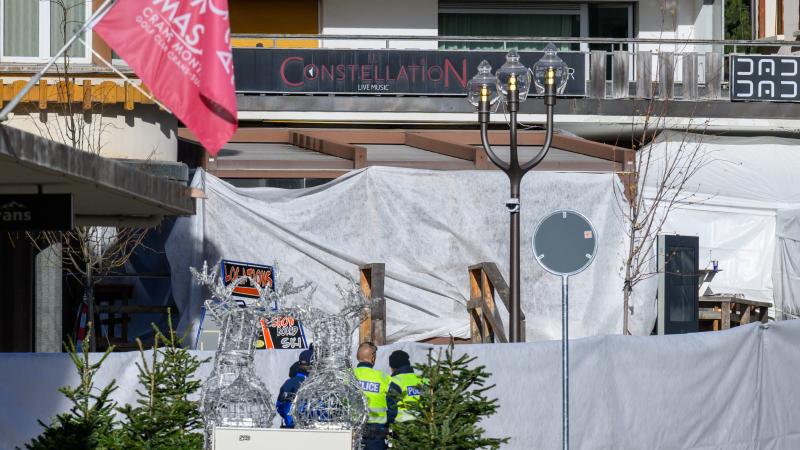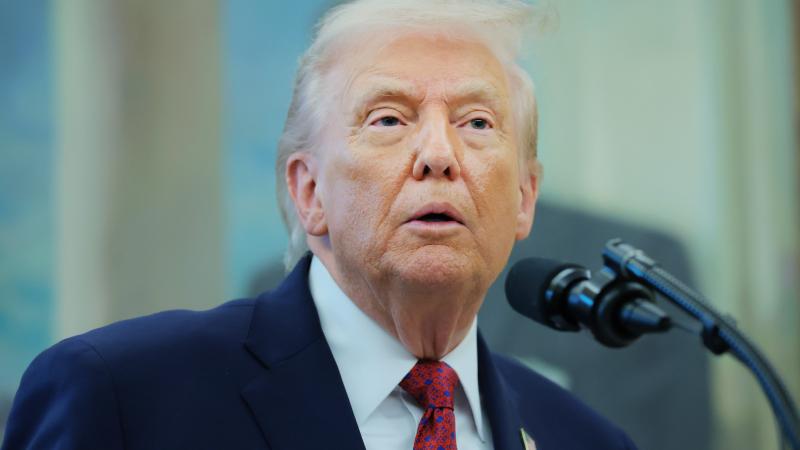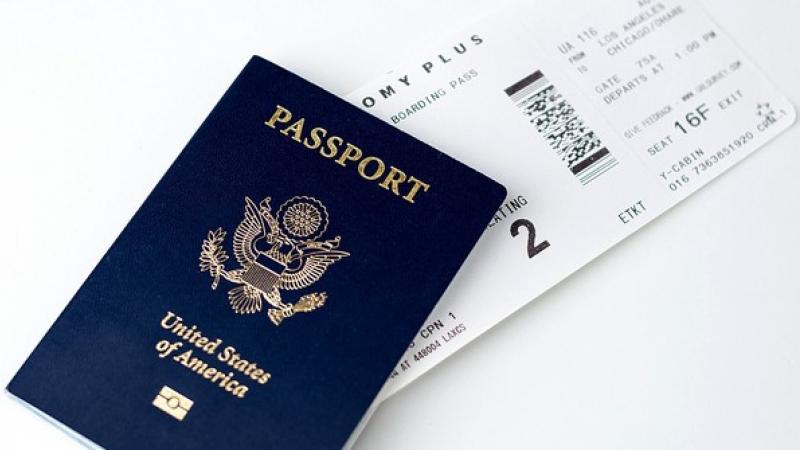NIH director says 'no way of knowing' if coronavirus came from China lab as manmade worries persist
Australian scientists say disease 'perfectly adapted' to human cells
The director of the National Institutes of Health is dismissing arguments that COVID-19 is manmade and claimed there is "no way of knowing" whether it escaped from a virology lab in China, even as scientists in Australia offered evidence that the disease arose from a laboratory setting of some kind.
NIH Director Francis Collins told Politico on Wednesday that the disease was strictly a natural phenomenon.
"Nature created this virus, and has proven once again to be the most effective bioterrorist," he said. "Whether it could have been in some way isolated and studied in this laboratory in Wuhan, we have no way of knowing."
His views onn the virus's origins come as a group of Australian scientists claim that the behavior of the virus suggests it may have arisen from unknown laboratory conditions.
Researchers at Flinders University and Latrobe University announced this week that their recent coronavirus experiments in which the pathogen was injected into bats – long suspected to be the origin species of the virus – revealed that the disease is in fact "perfectly adapted" to human cells.
The virus has "an extraordinarily high binding to human receptors, which is very surprising," Flinders Professor Nikolai Petrovsky told reporters. "It is almost perfectly human adapted, it couldn't do any better.
He also suggested the disease may have arisen from a "recombination event" in a laboratory.
A major Chinese virology lab, the Wuhan Institute of Virology, is just a short distance from where authorities have so far speculated the disease originated in a "wet" food market.
















